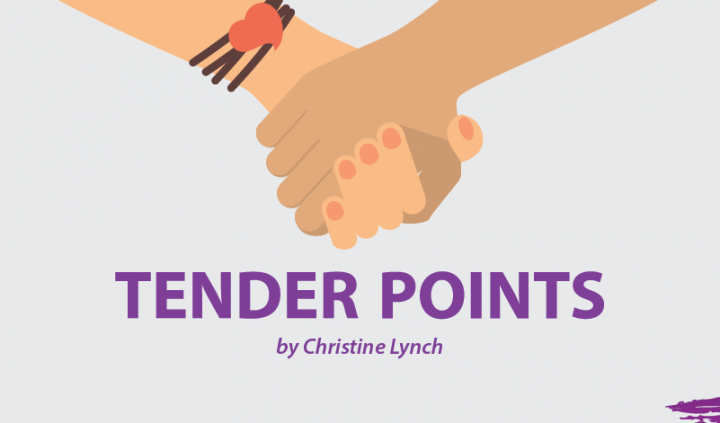As a result of my cross-country relocation, I’ve had the opportunity to attend five different support groups in the past several decades. Four of the groups were for fibromyalgia (FM) patients only, while the fifth was for anyone with chronic pain from any source. Each group was unique, and some functioned better than others.
What I learned along the way is that any group is only as strong as its leader(s). I led a group for a short time — long enough to realize that an FM patient makes a poor support group leader, at least if she’s doing it alone. I soon had a co-leader, and that made all the difference. In order for meetings to be attractive and helpful, they must have a program. And a program requires planning and effort. It’s not that this is a difficult task. It’s that FM patients often lack the energy to do it.
You may be asking: What about groups without programs? In my experience, without an educational component, support groups tend to disintegrate. With no direction, a gathering of people in pain becomes a “gripe group.” Attendees leave feeling worse than when they arrived. In time, they stop coming.
Yes, misery does love company. But listening to one tale of woe after another can become tiresome and depressing. The time to speak to another member about similar symptoms is after the meeting. The meeting itself needs to be a positive experience. It makes sense. If you leave a meeting feeling better about yourself and your future, you’re much more likely to return to have that feeling again.
Another danger of having no program is what I call doctor bashing, a common result of the frustration this illness creates. Some groups do keep records about their members’ experiences with local healthcare providers. However, this information should be limited to a rating of either “Recommended” or “Not Recommended” by the member signing her name. In this way, a private conversation can occur between the signer and the interested party. That’s when specific questions can be answered. Open discussions about providers are often unproductive due to their personal and emotional nature. Whenever personalities are involved, the conversation can become heated, and the outcome is rarely useful.
If you’re lucky enough to have an FM support group near you, I urge you to attend. Locate one online or check with local hospitals or rheumatologist’s offices. Regular attendance is not required. But if the group is well-run, you will want to be there, and you’ll make the effort to go whenever you can. If your support group is not particularly well-run (i.e., it doesn’t provide anything you value), please consider assuming a leadership role. There is much that can be done to revitalize any group. If there is no group in your area, consider forming one. It’s not as difficult as you might imagine, and I can help.
My latest book, “More Than Tender Points: A Fibromyalgia Memoir,” was written with FM support groups in mind. Each of its 36 short chapters is about a different topic that affects sufferers, with discussion questions included. My intention was for each chapter to serve as a program for a support group meeting. There’s also an entire chapter about forming new groups or improving existing ones.
You might be saying, “But I get all the information I need from Fibromyalgia News Today.” I agree that reading this publication is an important source of current information. But an online publication is no substitute for human interaction, which is lacking in the lives of many FM people.
Being a member of a well-run support group can be similar to being a sorority member. You’ll want to be there to help your fellow sisters. When one is in need, you’ll help in any way that you can, knowing she will do the same for you. In addition, you will learn about local people, products, services, and activities that you might consider experiencing for yourself.
Every person suffering from this misunderstood illness needs a place to go where they feel safe, accepted, and similar. They need an opportunity to learn from others how to create a better future for themselves as well as to share the lessons they’ve already learned. That place is a fibromyalgia support group.
***
Note: Fibromyalgia News Today is strictly a news and information website about the disease. It does not provide medical advice, diagnosis, or treatment. This content is not intended to be a substitute for professional medical advice, diagnosis, or treatment. Always seek the advice of your physician or other qualified health provider with any questions you may have regarding a medical condition. Never disregard professional medical advice or delay in seeking it because of something you have read on this website. The opinions expressed in this column are not those of Fibromyalgia News Today, or its parent company, BioNews Services, and are intended to spark discussion about issues pertaining to fibromyalgia.


Hello Christine,
Thank you for sharing your article and could not have come at a better time! I am in the process of rejuvenating an FM/ME support group in Sydney, Australia, and will definitely take your suggestions on board. The aim of the support group is to provide a forum for open discussion, support our fellow warriors, as well as educate ourselves and raise awareness of FM/ME in the community.
Cheers